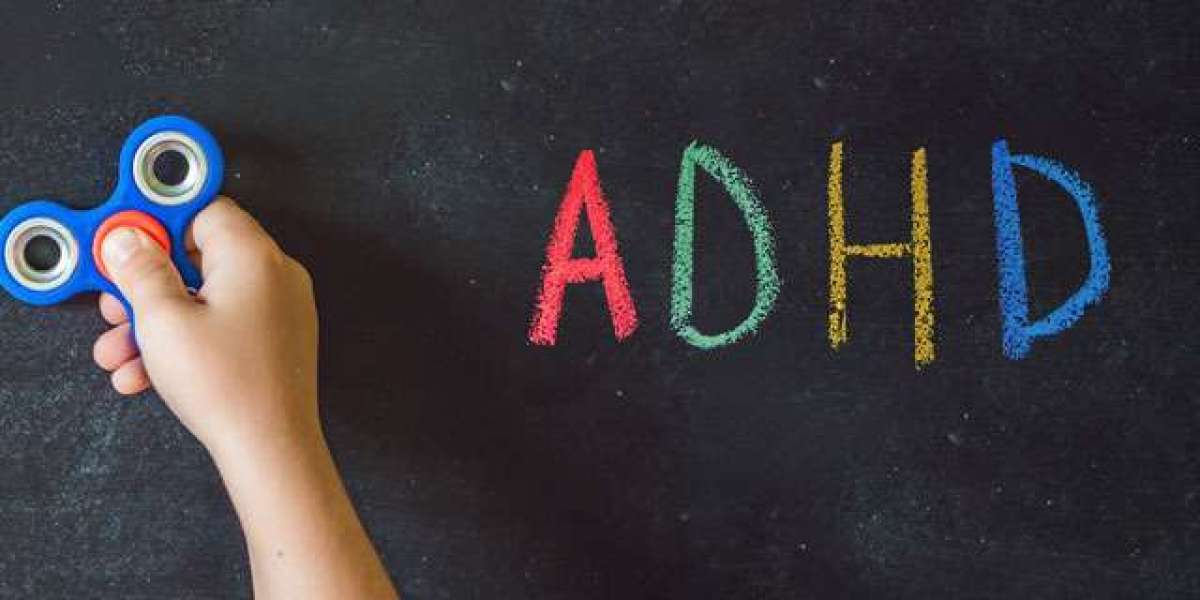When we think about focus problems or constant tiredness, it’s easy to assume it’s just stress or maybe a bad week. But for many, those symptoms may point to something deeper—depression, ADHD, or both. Understanding the overlap between these two mental health conditions can help you take control of your wellness journey. In this blog, we’ll explore the key differences and similarities in Depression vs ADHD, how to recognize them, and what steps to take if you or someone you care about is struggling.
What Is ADHD?
ADHD (Attention-Deficit/Hyperactivity Disorder) isn’t just a childhood condition. Many adults live with undiagnosed ADHD and don’t realize it. They may struggle to stay organized, forget important tasks, or jump from one activity to another without finishing anything.
People with ADHD often describe their brain as “noisy” or “cluttered.” They may find it hard to focus in meetings, finish long projects, or sit still for extended periods. ADHD is a neurological condition that affects attention, impulse control, and sometimes hyperactivity.
What Is Depression?
Depression is more than just feeling sad. It can cause deep emotional pain, fatigue, hopelessness, and a complete lack of interest in things that once brought joy. People with depression may sleep too much or too little, lose their appetite, or feel like they’re moving through life in slow motion.
It’s a heavy, invisible weight—and like ADHD, it can dramatically affect daily functioning.
Depression vs ADHD: Why They Get Confused
Here’s where things get tricky. Both ADHD and depression can cause:
Trouble concentrating
Memory issues
Low motivation
Sleep disturbances
Feelings of frustration or irritability
Because of these shared symptoms, it’s easy for one condition to be mistaken for the other. For example, a person with ADHD who constantly misses deadlines and feels overwhelmed may begin to feel hopeless—leading to depression. On the other hand, someone with depression may have trouble focusing simply because they feel mentally and emotionally exhausted.
Signs It Might Be ADHD
When considering Depression vs ADHD, timing and history matter. ADHD symptoms usually show up early in life, often during childhood. If you've always been forgetful, disorganized, or impulsive—even before feeling down—it might be ADHD at the core.
Common ADHD traits include:
Chronic procrastination
Difficulty staying on task
Losing things often
Restlessness or fidgeting
Impulsive decisions
ADHD isn’t about being lazy—it’s about how the brain processes attention and stimulation.
Signs It Might Be Depression
If your low mood and focus issues came on suddenly, especially after a life event or during a stressful period, it may be depression. Depression often develops later and may not have been a lifelong issue.
Watch for signs like:
Feeling hopeless or worthless
Lack of energy for weeks at a time
Withdrawing from friends and family
Crying spells or emotional numbness
Losing interest in things you used to enjoy
Depression isn’t something you can “snap out of.” It’s a real condition that deserves real help.
Can You Have Both ADHD and Depression?
Absolutely. In fact, many people do. Studies show that people with ADHD are more likely to experience depression during their lifetime. It’s not about weakness—it’s about brain chemistry and how different conditions interact.
Living with both conditions can feel overwhelming. The chaos of ADHD may feed the emotional distress of depression, and vice versa. But there’s hope. Knowing that both are at play allows for a more accurate diagnosis and a treatment plan that addresses both sides of the struggle.
Taking the Next Step: Help Is Here
If you’ve read this far and some of these signs sound familiar, don’t ignore that feeling. Taking the first step toward clarity and support can change everything.
At Evolve Psychiatry, we understand how confusing it can be to untangle Depression vs ADHD. That’s why we offer compassionate, personalized assessments and evidence-based treatments tailored to your specific needs. Whether you’re feeling lost, scattered, or stuck—we’re here to help you move forward.
It’s not about labeling yourself. It’s about finding out what’s really going on so you can feel better, think clearer, and live fuller.
Final Thoughts
Depression vs ADHD isn’t always an either/or situation. For some, it’s both. For others, it’s one masked as the other. Either way, you deserve to understand what’s happening in your mind and to feel supported along the way.
You are not alone—and you don’t have to navigate this journey by yourself. Let Evolve Psychiatry walk with you, offering clarity, care, and real steps toward healing. It’s time to take charge of your mental health, one day at a time.








